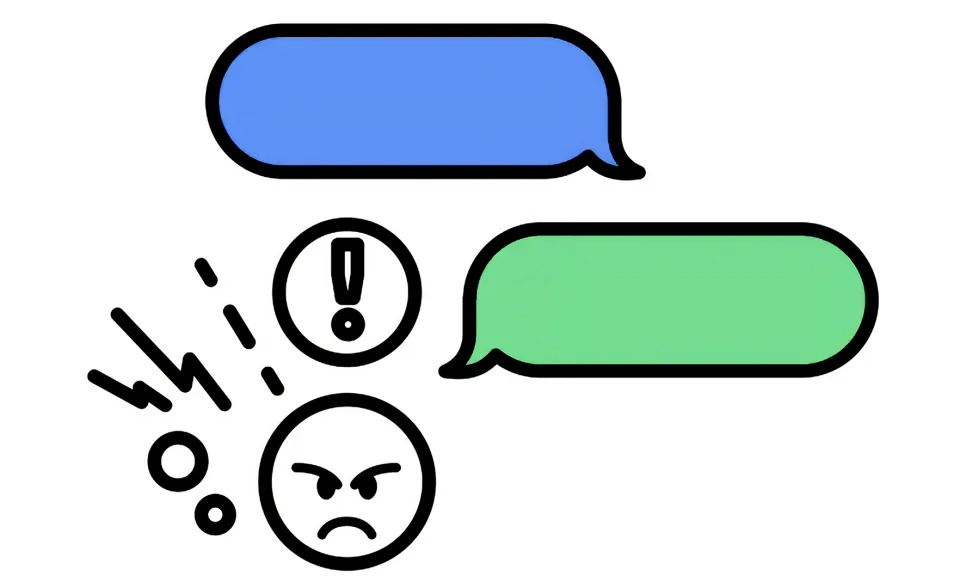The distinction between green and blue message bubbles may soon diminish as Apple has announced its support for the RCS messaging standard, a departure from its previous stance. This development doesn’t imply a color change for messages from Android devices on Apple’s Messages app but indicates that texts from iPhones to non-iOS devices will adopt the newer Rich Communication Services (RCS) protocol, bypassing the aging SMS (and MMS) system. Apple stated, “We believe RCS Universal Profile will offer a better interoperability experience when compared to SMS or MMS.”
This support will coexist with iMessage, recognized as the premier and most secure messaging experience for Apple users. While iMessage features such as voice memo transcriptions and Check In may outshine RCS, there might not be alterations to the conversation bubble colors.
Google, which previously criticized Apple for not embracing RCS, welcomed this move. With RCS support, communication between Android and iOS devices is expected to be more secure than traditional SMS, enabling higher-quality media sharing.
In response, Google expressed satisfaction with Apple’s RCS support and anticipated collaboration in evolving RCS for a more equitable and secure messaging experience. A GSMA spokesperson highlighted that the RCS Universal Profile provides an open, consistent, and global messaging service across networks and devices, enhancing interoperability and delivering a richer messaging experience.
The reasons behind Apple’s delay in adopting RCS remain unclear, with security and spam concerns as potential factors. The statement mentioned support for RCS Universal Profile “later next year.” Interestingly, this announcement coincides with the deadline for companies to challenge the EU’s decision to include the entire App Store on a digital antitrust list under the Digital Markets Act.
Recent developments, such as the introduction of USB-C charging ports in the iPhone 15 and 15 Pro and compatibility with the Qi 2 wireless charging standard, indicate Apple’s willingness to collaborate with other devices. Whether influenced by EU regulations or other motivations, Apple seems to be opening up aspects of its ecosystem, potentially reducing the necessity for everyone to “buy your mom an iPhone.”




